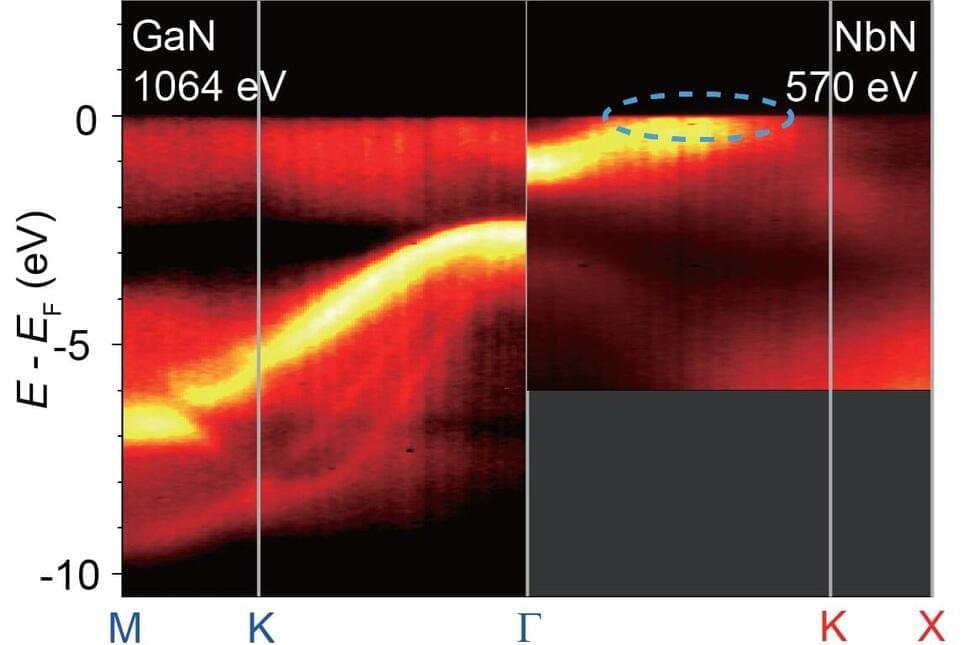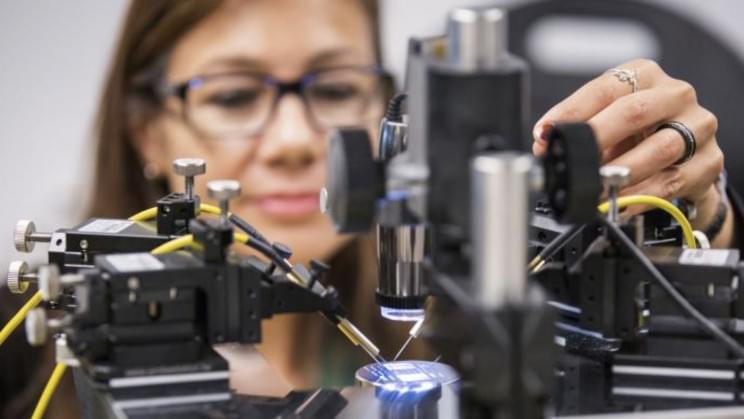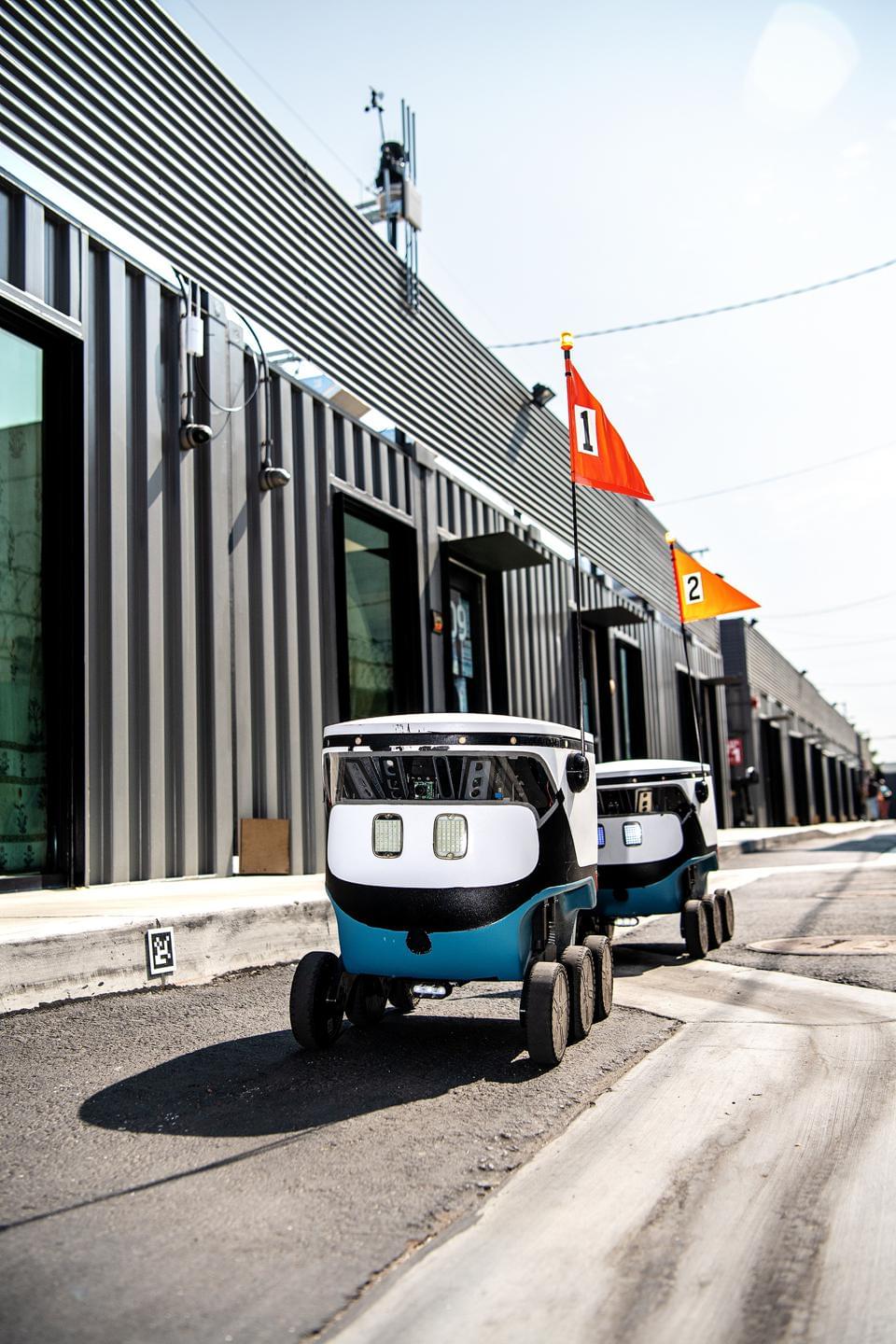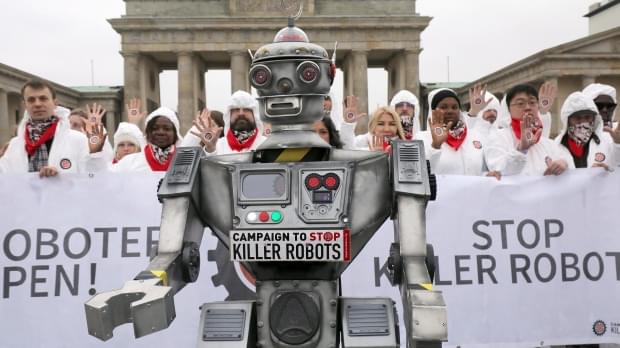Japan and U.S have agreed to Tokyo’s contribution for hosting U.S. military forces to 9.2 Billion dollars over the five-year period from fiscal 2022, which starts in April, government sources said.
Roughly 5% increase in so-called host nation support came in response to calls from the administration of U.S president Joe Biden for the Japanese government to foot more of the cost, given the need for U.S. forces to deal with China.
The two sides have agreed to reduce Tokyo’s financial contribution for utility costs, with the increased amount to be allocated to funding expenses such as maintenance of facilities used by both Japan’s self-Defence Forces and the U.S. military as well as their joint exercise.






